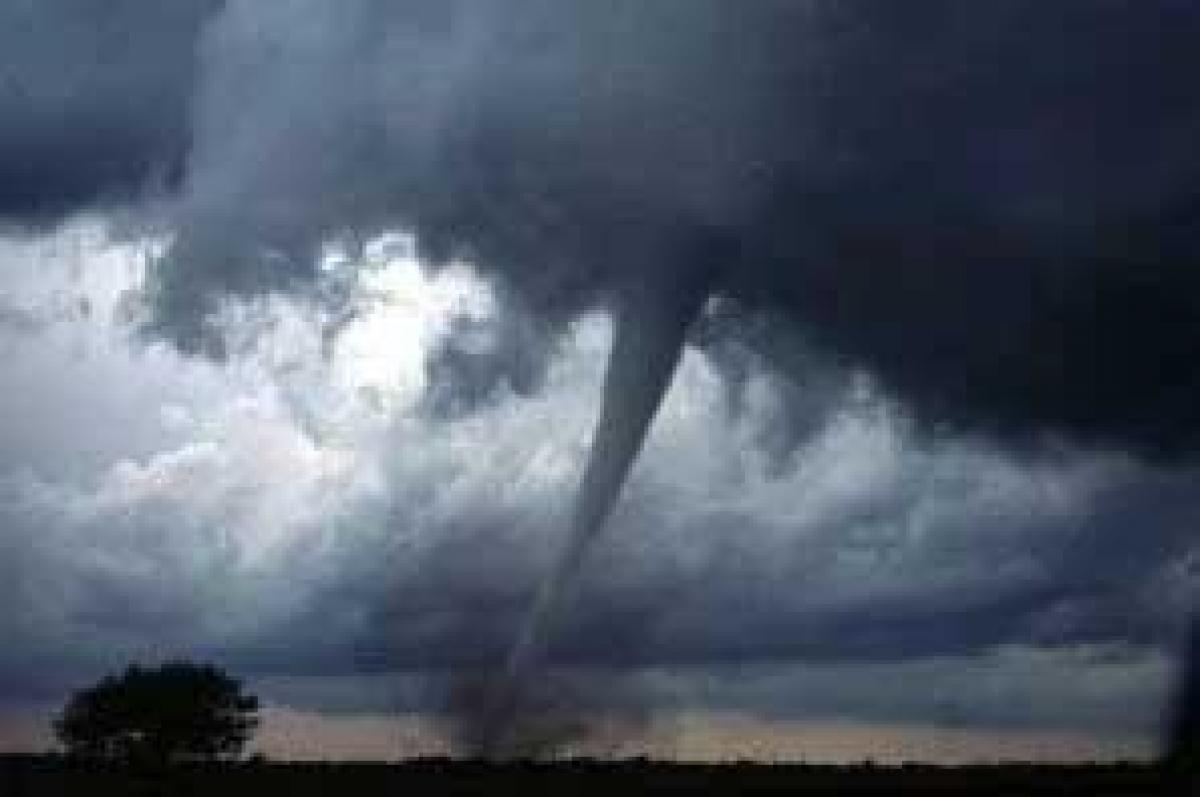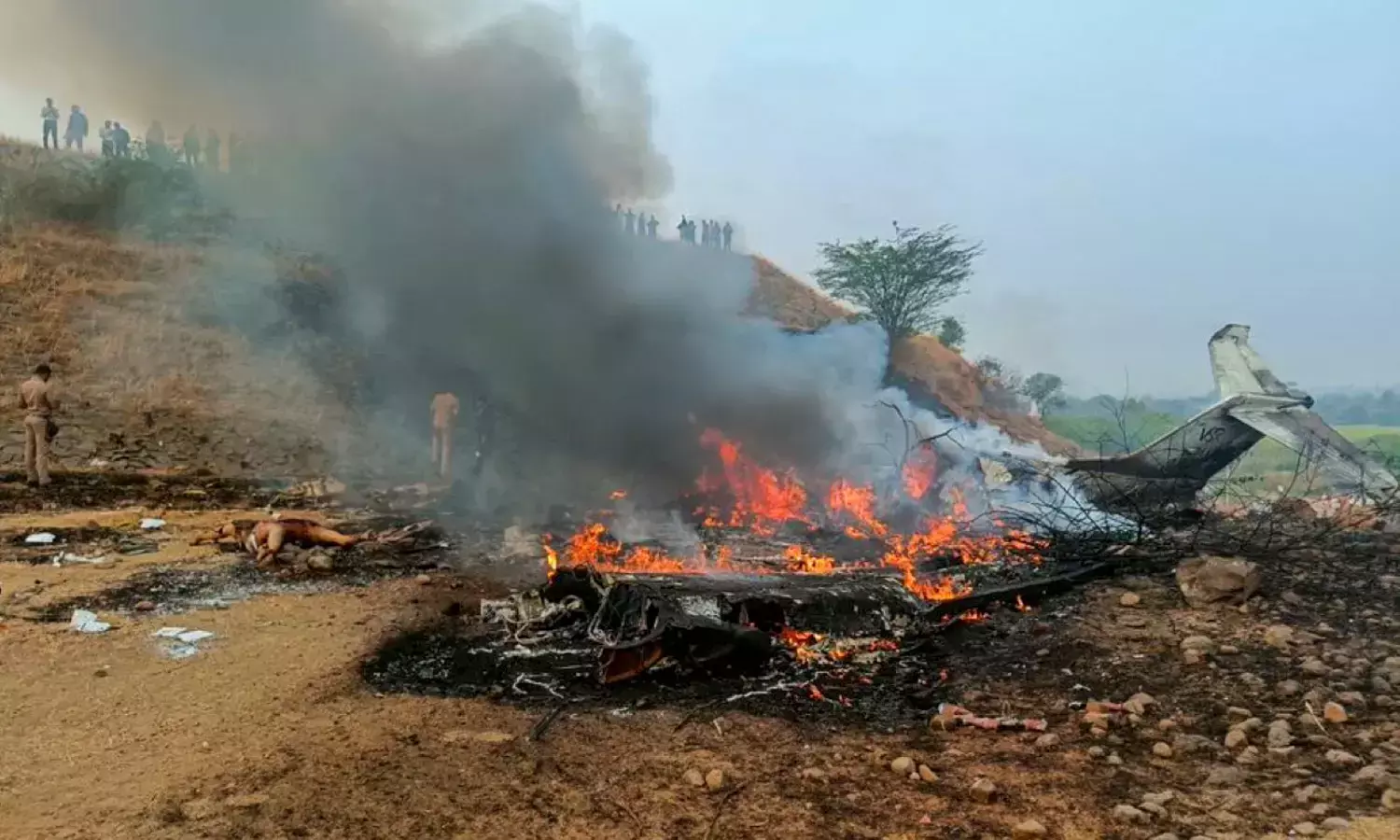Extreme weather can now be linked to climate change

Climate science has progressed so much that it has the ability to detect human-induced global warming\'s fingerprints on certain extreme weather events, such as floods, heat waves and droughts, as per an international National Academies of Science, Engineering, and Medicine report.
Climate science has progressed so much that it has the ability to detect human-induced global warming's fingerprints on certain extreme weather events, such as floods, heat waves and droughts, as per an international National Academies of Science, Engineering, and Medicine report.
Pennsylvania State University's David Titley, who chaired the committee that wrote the report, said, "In the past, many scientists have been cautious of attributing specific extreme weather events to climate change. People frequently ask questions such as, 'Did climate change cause Hurricane Sandy?' Science can't answer that because there are so many relevant factors for hurricanes. What this report is saying is that we can attribute an increased magnitude or frequency of some extreme weather events to climate change."
The committee found that scientists can now confidently attribute some heat waves and cold events and to a lesser degree droughts and extreme rainfall, to human-caused climate change. Even a decade ago, many scientists argued that research could not confidently tie any specific weather events to climate change, which the committee reports today is no longer true today.
Scientific confidence for attributing extreme weather events is a three-legged stool, said Titley. To confidently link specific weather events to climate change, researchers need an understanding of the underlying physical causes of weather events, enough observational data to place a specific event within a historical context and the ability to replicate an event with computer models.
Attributing the cause of extreme weather to climate change or other factors can "enhance scientists' ability to accurately predict and project future weather and climatic states," said Titley. Predicting both the frequency and intensity of extreme events, those that are rare in a location, could allow society to lessen their impact and potentially avoid loss of life and destruction.
The committee identified research priorities to further enhance the scientific community's ability to attribute specific extreme weather events to climate change.
In addition to endorsing action on relevant items outlined by the World Climate Research Programme in 2014, the report recommends developing transparent community standards for attributing classes of extreme events, and formulating systematic criteria for selecting events to be studied.
The committee also recommends that some future event attribution activities could be incorporated into an integrated weather-to-climate forecasting efforts on a broad range of timescales, with an ultimate goal of providing predictive risk-based forecasts of extreme events at lead times of days to seasons.
Extreme, weather events, climate change, linked

















